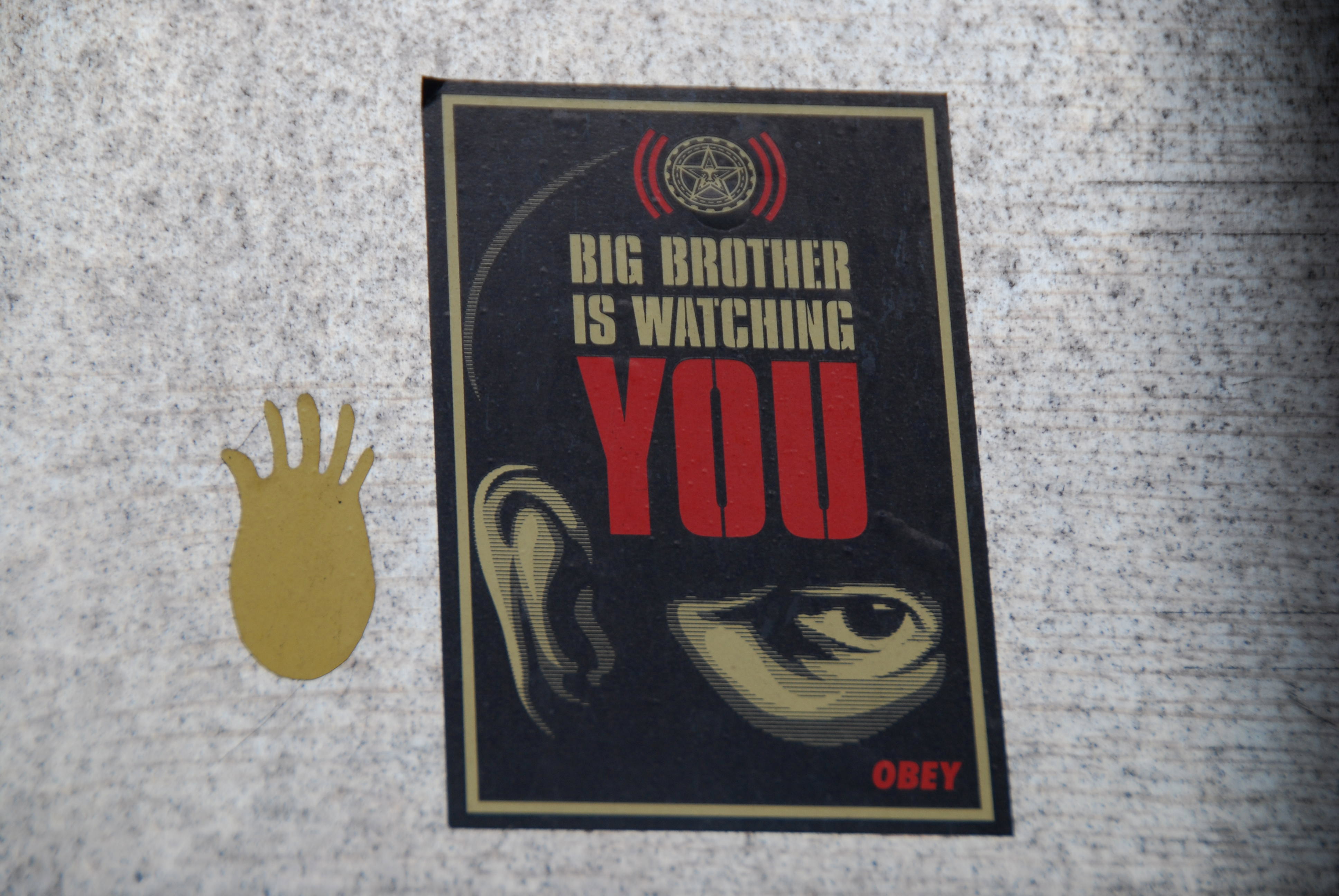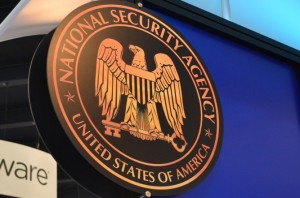Behind the secret veil
The news has recently been dominated by Edward Snowden, who uncovered how America’s spy organisation, the National Security Agency (NSA), harvests data through the Prism scheme from major technology brands, including Google, Facebook and Apple.
Across the Atlantic and against a backdrop of fierce debate about the snooper’s charter, the UK snooping agency, Government Communications Headquarters (GCHQ), has also been indicted. So what if MI5 are tracking all those supposedly anonymous messages Warwick Compliments is pumping out on your behalf? It hardly seems ground-breaking. As William Hague said, law abiding British citizens have nothing to fear. However, Hague and other politicians are missing the point. In my view, we have a lot to fear, namely corruption and deception.
Secrecy is a convenient veil for corruption to hide behind. We assume, with our Western conditioning, that our governments are better than that. However, secrecy facilitates a dangerous lack of accountability, with the NSA director worryingly admitting “I would rather take a public beating, and let people think I’m hiding something, than jeopardize the security of this country.”
Yet it seems that terrorists have already won, with the ensuing onslaught of accountability. Leaks have uncovered Vatican corruption, allegations of torture and bomb strikes on civilian children by the same governments which criticise the human rights record of countries such as China. What else is happening that we don’t know about?
Deception is another fear. When signing up to Facebook, you tick a box agreeing to the terms and conditions. You do not tick a box agreeing to share your statuses with Theresa May. You do not agree to have all of your emails routinely audited by the NSA. Before the Prism leaks, we had little
idea what happened to the data we thought we owned.
Nevertheless, in reality, it is technology giants, not law abiding citizens, which have the most to fear. Microsoft is already in damage limitation mode with a “Your Privacy Is Our Priority” advertising campaign. Other organisations have strenuously denied any knowledge of Prism. In an industry moving towards cloud storage, our willingness to ditch our hard drives and trust companies with our data is vital. This trust is now under threat.
To solve this cyclic crisis of leaks and prosecutions, secrecy needs an overhaul. Firstly, political embarrassment, or legally dubious snooping schemes, should not be afforded the secret veil. More transparency is needed to increase democratic accountability. Obama’s ratings have taken a hit (and rightly so) following revelations that he authorised the continuation of Prism when coming into office.
Secondly, whistle-blowers acting in the national interest need legal immunity. At present in the UK, the Official Secrets Acts create a blanket gagging order, with threat of a trial in a secret court. Yet leaks reveal a string of worrying government scandals. A public interest test could ensure genuine need for secrecy is balanced against what the public ought to know. This would protect people like Bradley Manning, who has been detained for around 1000 days before trial following his WikiLeaks exploits, and Snowdon, who has abandoned his family and fled to Hong Kong.
Institutions tend to hide behind their veils of secrecy. Yet, without these leaks, we would not even be having this debate about civil liberties. We would continue our lives in blissful ignorance. This is why secrecy can be so dangerous.


Comments (1)